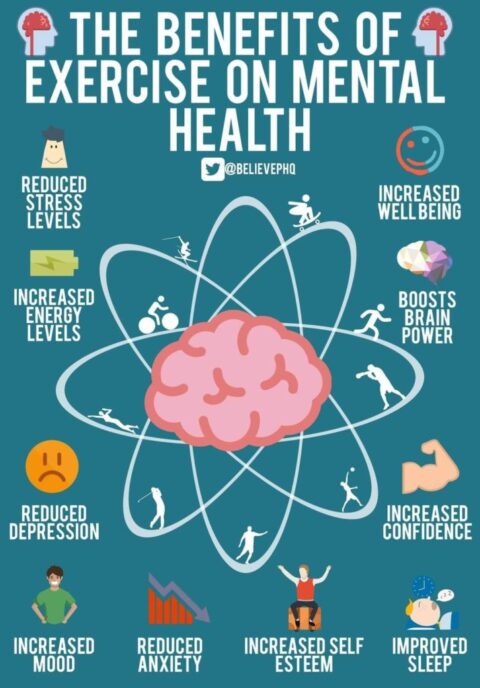As June is recognized as National Family Unification Month, we wanted to highlight the import role kinship care plays in that process. This isn’t just about children being able to reunify with birth parents but also about the prevention of removals, child welfare involvement etc, and sustained familial connections. Kinship care has been proven over time to be more beneficial for children. Keeping children with family members gives the bio parent a better chance of maintaining a relationship with their child as well. Information from Generations United shares that for every 1 child being raised by kin in foster care, there are 19 children being raised by kin outside of foster care. This means that kinship caregivers are helping keep these children safe without department involvement. This is Huge!
As a kinship caregiver you play a critical role in keeping your family together and helping maintain that familial bond. When it comes to birth parent reunification, having children placed with family can be the key to helping that parent get what they need to be able to step back into the role of permanent caregiver. While we know every family and every situation is unique, as a program we have seen the dual role kinship caregivers play in the reunification process. Published information from childtrends.org recommends prioritizing kinship care over other placement alternatives whenever possible. Kinship care produces multiple positive outcomes such as better academic, behavioral, and mental health outcomes. They also shared that increased placement stability and children have a greater ability to maintain contact with their birth parents and families. If you are a kinship caregiver, pat yourself on the back. If you aren’t, find one and thank them! They are doing the hard work that is helping children and families remain with family and have overall better outcomes for their futures.
Links to resources cited in this blog:
https://www.childtrends.org/publications/kinship-care-supports-the-academic-performance-of-children



